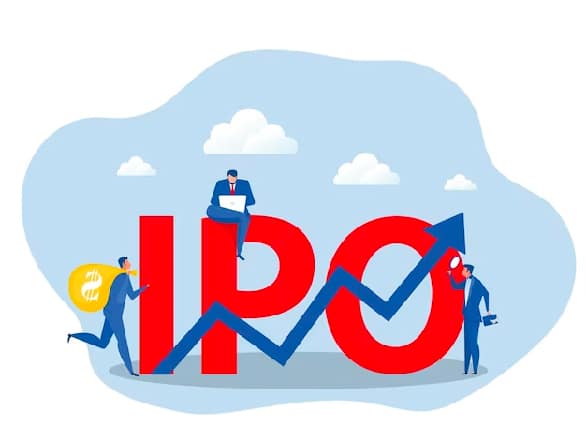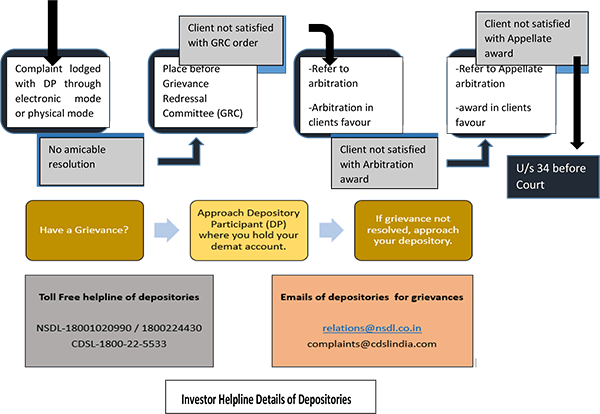If you’re considering investing in stocks or simply keeping up with the financial news, you might have come across the term Initial Public Offering (IPO). It is a significant milestone for a company as it offers an opportunity to raise capital and expand its reach.
An IPO is the process by which a private company makes its shares available for public purchase, and it can be an exciting opportunity for both investors and the company itself.
What is an IPO?
An IPO occurs when a privately held company decides to go public by selling its shares on a public exchange. This means that the company’s ownership is no longer limited to its founders and investors, but rather to anyone who decides to purchase its shares.
The company typically hires an investment bank to handle the IPO process. The investment bank will help the company determine the value of its shares, file the necessary paperwork with regulatory agencies, and market the offering to potential investors.
Why do companies go public?
Companies go public for a variety of reasons, but the most common one is to raise capital. By selling shares to the public, a company can raise a significant amount of money that can be used for a variety of purposes, such as expanding its operations, paying off debt, or investing in research and development.
Going public can also increase a company’s profile and make it more visible to potential customers and partners. Additionally, public companies are subject to stricter regulatory requirements and must disclose more information to investors, which can help improve transparency and accountability.
How does an IPO work?
An IPO typically involves several steps, which can take several months or even years to complete. Here’s a brief overview of the process:
Planning and preparation: The companies that decide to go public need to hire an investment bank to help with the process. The investment bank helps the company determine the value of its shares and prepares the necessary paperwork.
Registration for IPO: Prepare a registration statement along with the draft prospectus, also known as the Red Herring Prospectus (RHP). Submission of RHP is mandatory, as per the Companies Act.
SEBI verification: SEBI reviews the filing to ensure that it meets all regulatory requirements. On approval of the application, the company can announce a date for its IPO.
Roadshow: The company and its investment bank hold a series of presentations and meetings with potential investors to generate interest in the offering.
Pricing: The investment bank determines the final price of the shares based on demand from investors.
Trading: The shares are listed on a public exchange and can be bought and sold by investors.
What are the risks and rewards of investing in an IPO?
Investing in an IPO can be a high-risk, high-reward proposition. On the one hand, if the company does well after going public, the value of its shares can increase significantly, providing investors with a healthy return on their investment.
On the other hand, if the company struggles after going public, the value of its shares can decrease, resulting in losses for investors. Additionally, because IPOs are often highly sought-after, the price of the shares can be inflated, making it difficult to determine their true value.
Final thoughts
Investing in an IPO can be an exciting opportunity, but it’s important to do your due diligence before investing. Make sure to research the company’s financials, its management team, and its industry to determine whether it’s a good investment opportunity.
Additionally, consider consulting with a financial advisor to help you make an informed decision.
Gainn provides world-class fintech platforms to enhance your overall experience of IPO investing. Now remain all time updated about the upcoming IPOs and research their businesses efficiently before making your investment decision.




